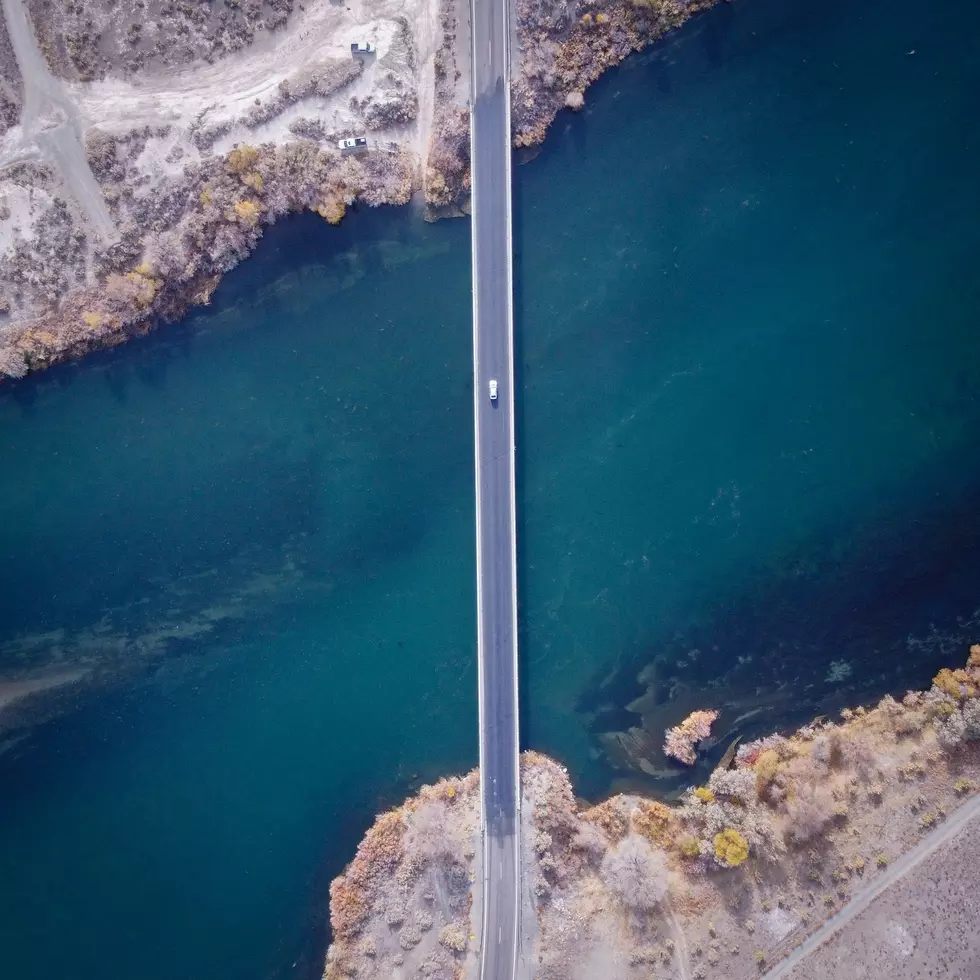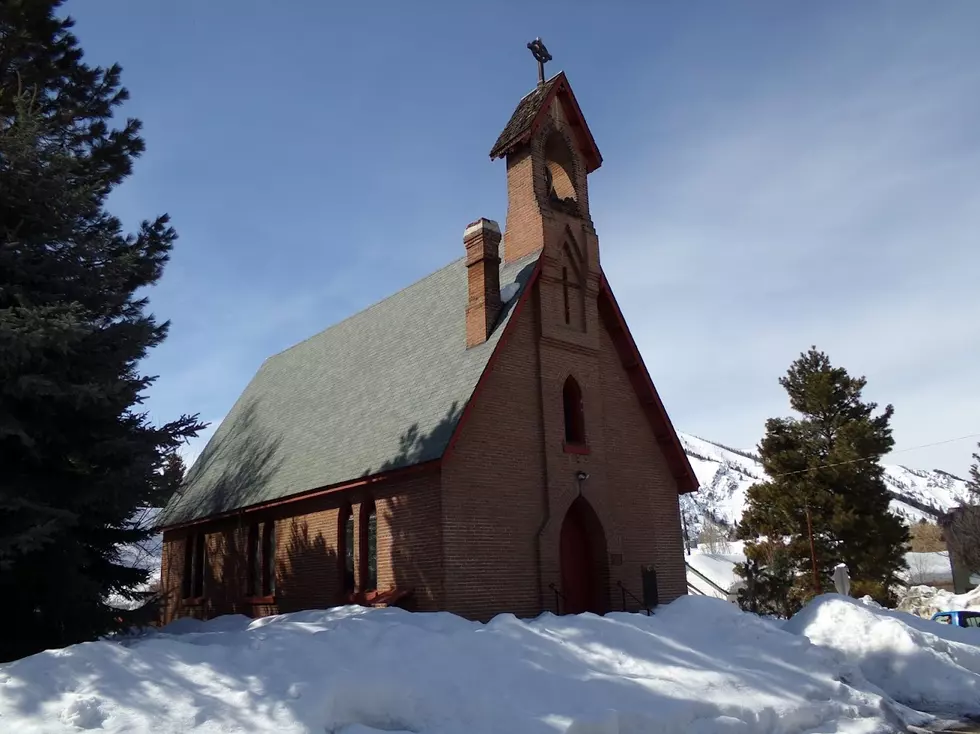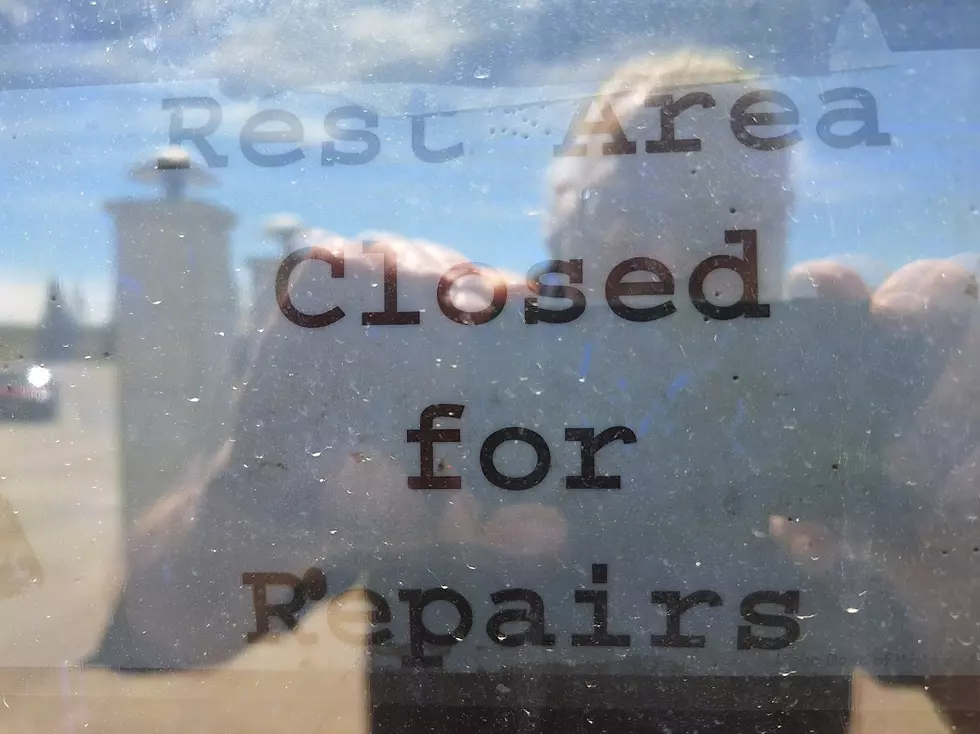
Liberals Would Force Idahoans to Use Untested Hearing Units
My sister wrote me last week and expressed her disgust with where she lives. A small town in Western New York State. Her work as a schoolteacher keeps her there, but she’s growing tired of living in a nanny state. One becoming increasingly dictatorial. Where she lives, the ground rests on a sea of natural gas. A string of liberal governors banned fracking, which provides 70,000 direct jobs across the state line in Pennsylvania.
Her current governor wants to ban all options but one when it comes to heating homes. The goal is to convert all housing to heat pumps in less than a decade, which are notoriously inefficient in northern climates. In recent days there have been stories about an engineering breakthrough. I would think we’re still too early in the latest technology to slam the door on more traditional forms. In much of rural upstate New York, many still heat with wood.
A writer at the Washington Post believes heat pumps are exclusively the future. If you can’t get beyond the paywall to this link, the writer says the government can pay for your system. We’re talking tens of millions of homes in a country with tens of trillions of dollars in debt.
We would also need to spend huge sums on the power grid.
The writer also hints the federal government could make this a nationwide program, which could take more than persuasion. How do you think the population of Idaho would react to coercion for adopting a technology still suspect in colder climates? We’re talking rebellion!
Liberty is a synonym for choice. The tree-hugging environmentalists are the enemy of liberty.

LOOK: The most expensive weather and climate disasters in recent decades
More From News Radio 1310 KLIX









